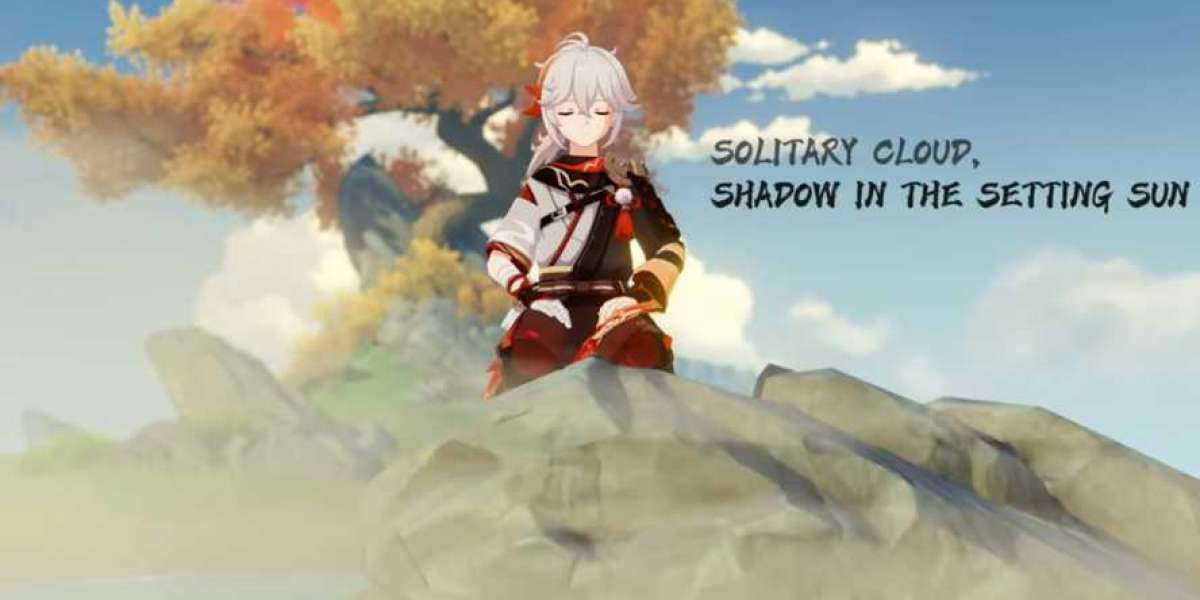Introduction:
In the spring of 1968, the city of Prague in Czechoslovakia was buzzing with excitement and hope. The atmosphere was electric with the anticipation of change, as the country embarked on a period of political liberalization known as the Prague Spring. However, this spirit of reform was soon crushed by the shocking invasion of Czechoslovakia by Soviet-led Warsaw Pact forces on August 21st, 1968. This event marked a significant turning point in the Cold War and had a lasting impact on the geopolitical landscape of Eastern Europe.
Detailed Description:
Under the leadership of Alexander Dubček, Czechoslovakia embarked on a quest for a more democratic and decentralized system of governance. The Prague Spring aimed to introduce reforms such as freedom of speech, press, and assembly, as well as greater autonomy for the country's constituent states. The movement led to a wave of optimism, as people thought they were finally breaking free from the Soviet influence that had dominated Eastern Europe for years.
However, the progressive reforms implemented during the Prague Spring were met with growing unease and concern from the Soviet Union and its Eastern Bloc allies. The Kremlin saw this movement as a threat to its control over the region, fearing that similar demands for change might spread to other communist countries.
In the early hours of August 21st, 1968, the hopes and dreams of the Czechoslovak people were shattered when Soviet tanks rolled into the streets of Prague. In a swift and brutal operation, Warsaw Pact forces consisting of troops from the Soviet Union, Poland, Hungary, Bulgaria, and East Germany invaded Czechoslovakia. The city was transformed into a war zone as terrified citizens watched their independence crumble before their eyes.
Dubbed as an internationalist duty, the invasion aimed to suppress the Prague Spring and reestablish Soviet control over Czechoslovakia. The forces imposed martial law, arrested and imprisoned key reformist leaders, and restored pro-Soviet hardliners to positions of power.
The invasion sparked widespread outrage and protest within Czechoslovakia. Ordinary citizens, students, and intellectuals took to the streets, confronting armed soldiers, and expressing their defiance. However, their efforts were futile against the overwhelming military might of the Warsaw Pact. Despite the resistance, Soviet dominance was reestablished, and the hopes of a more democratic Czechoslovakia were crushed.
all nike sb 420 releaseThe event sent shockwaves across the globe and ignited a wave of international condemnation. Western nations expressed their disapproval, but their responses were largely limited to diplomatic protests and economic measures. The invasion also strained relations between the Soviet Union and other communist countries, causing some to question the ideas of international solidarity and communist unity.
nike air max 1 noir blancheUltimately, the invasion of Czechoslovakia proved to be a turning point in the Cold War. It solidified the division between Eastern and Western Europe and entrenched the Soviet Union's grip on its satellite states. The once-promising vision of a reformed socialism in Czechoslovakia was silenced, leaving a deep scar on the nation's history and reminding the world of the enduring tensions of the Cold War era.
adidas yeezy boost 350 v2 yecheil kids


